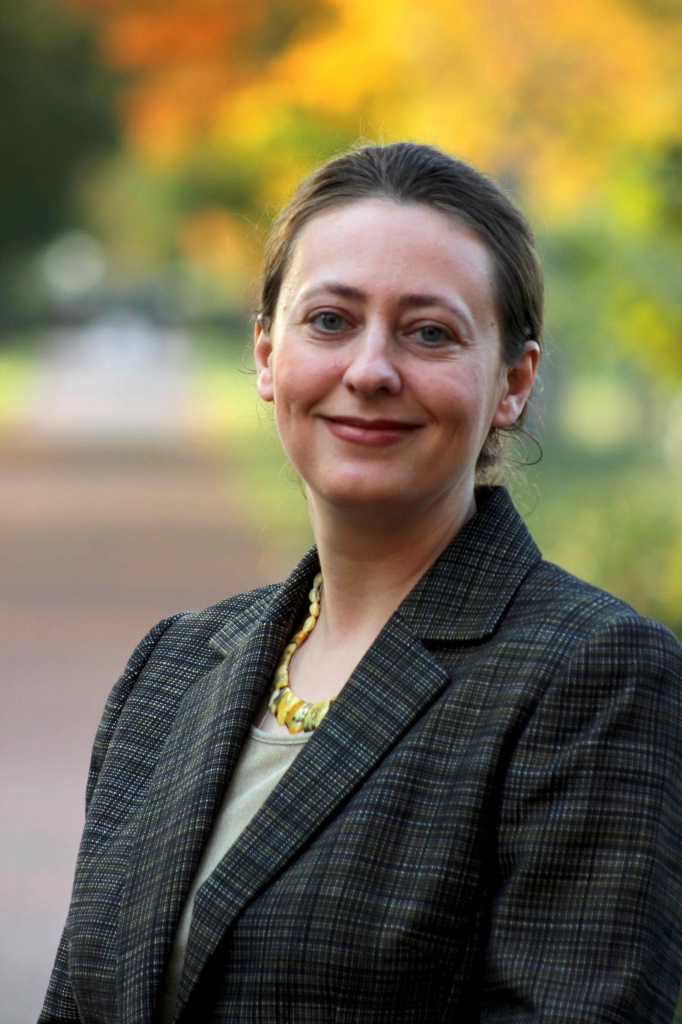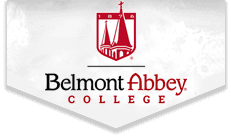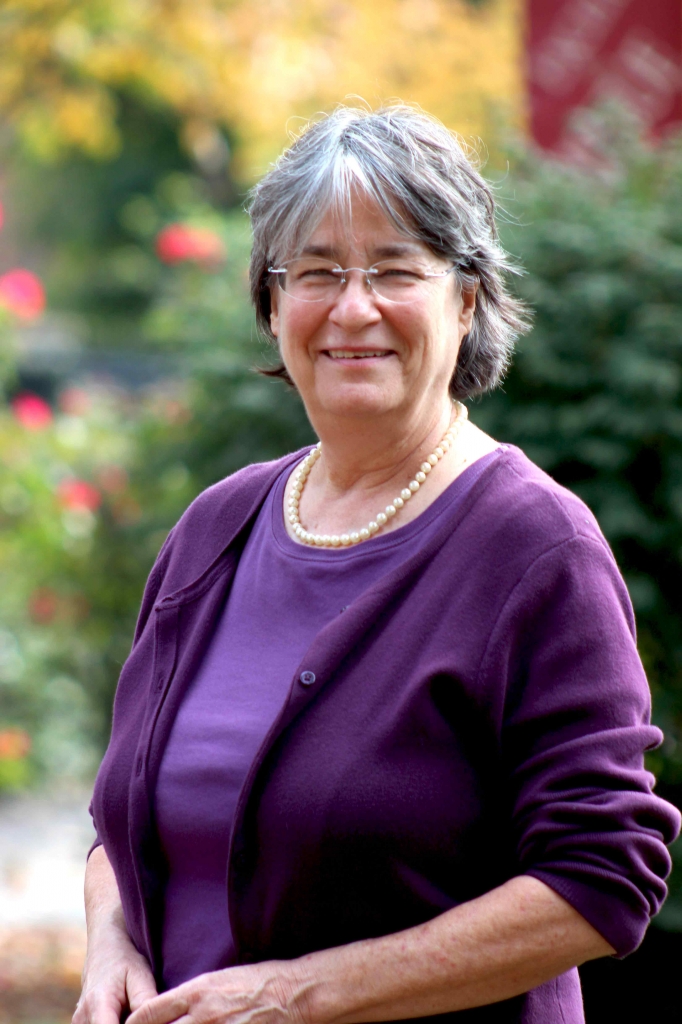- Great literature (with an emphasis on key works of British and American literature) and verbal skills in speech and writing
You should consider pursuing an English degree at Belmont Abbey College if you:
- enjoy studying English, literature, history and the social sciences
- possess strong communication skills
- want to refine your creative writing and critical thinking
In addition to their rigorous study of literature in many periods and styles, English students at Belmont Abbey College experience plentiful opportunities to cultivate their reading and writing skills.
- Submit a poem, short story or piece of art to our Agora literary journal or publish in the Crusader campus newspaper
- Build your comprehension of significant literary works from many periods
- Participate in prestigious literary conferences
An English bachelor’s degree from the Abbey helps English majors master the critical skills to engage in research, organize information, form conclusions, and express them persuasively in writing and in speech.
With an English bachelor’s degree from Belmont Abbey College, you will be able to pursue a variety of opportunities, including:
- Graduate/law school
- Journalism
- Library science
- Advertising
- Publishing
Communication never ceases to be a vital skill in the contemporary workforce. Pursuing an English degree from Belmont Abbey College will hone your skills of analysis and expression and instill in you a knowledge of “the best which has been thought and said” throughout history.
The Abbey Difference:
Guided by the tenets of Catholicism and the Benedictine hallmarks, Belmont Abbey College strives to provide its students with a well-rounded education that promotes wise and ethical decisions. As a student in our English program, you will learn to read closely, to think critically, and to write clearly, creatively, and compellingly. You will study major Western authors from the classical, medieval, and modern periods up until the present day. You will learn the various critical approaches essential to a mature understanding of literary achievement. You will complete our program with the ability to situate works of literature in culture and history, to articulate how those works enter into conversation with one another, and to undertake and present meaningful research of your own.
Through intensive study and analysis of key works of literature, our students nourish their minds and spirits, develop a deep understanding of the human person, and prepare themselves for a lifetime of intellectual and spiritual growth. They also prepare themselves for potential careers in teaching and communications, in editing and publishing, and for the challenges of graduate and professional degree programs.
Program Requirements
(This option is available for traditional students only.)
To be eligible for acceptance into the degree program, the student must have successfully completed RH 101, RH 102, EN 211 and EN 212. In addition to the other Core Curriculum requirements, the following are specific core requirements:
- EN 211 – Literary Classics of the Western Tradition I
- EN 212 – Literary Classics of the Western Tradition II
Major Requirements (300 Level or above):
- EN 305W: Introduction to Literary Studies
- EN 303: American Literary Tradition
- Seven (7) 300- or 400-level EN courses
- EN 430W: Senior Thesis
*Note: EN 430W should only be taken in the fall semester of the senior year.
Other Courses:
- Foreign Language (two semesters)
- Humanities Division Requirement: one (1) upper-level History course, one (1) upper-level Philosophy course, one (1) upper-level Theology course
- General elective hours
Note: Students must meet the following conditions:
- The last eighteen (18) credits taken to fulfill the requirements of the English major must be taken at Belmont Abbey College; students transferring from accredited institutions may transfer a maximum of nine (9) credits at the 300 and 400 levels.
Honors Institute students may have different requirements for the major. Please contact the Department Chair for details.
It is the student’s responsibility to see that all degree requirements for graduation are fulfilled.
- Fifteen (15) hours from 300- or 400-level English courses
NOTE: At least nine (9) credits for the minor in English must be taken at Belmont Abbey College.
Honors Institute students may have different requirements for the minor. Please contact the Department Chair for details.
It is the student’s responsibility to see that all degree requirements for graduation are fulfilled.
The Writing Minor is designed to provide students with concentrated study of and practice in writing, language, and rhetoric. Students who participate in the minor will strengthen their capacity to understand, critique, and craft arguments; develop flexible strategies and skills for writing and communicating in various professions and contexts; engage writing as a complex, situated, and socially consequential practice; gain confidence and demonstrable achievements as writers (e.g., substantial portfolio).
Requirements:
15 credits from these courses:
- EN 207: Creative Writing (multiple genres)
- EN 308: The Art of Fiction
- EN 360: History of the English Language
- EN 361: Social Media Writing
- EN 362: Editing and Writing for Publication
- EN 363: Professional and Technical Writing
- EN 453: Writing Internship
It is the student’s responsibility to see that all degree requirements for graduation are fulfilled.
Highlights of your experience:
At Belmont Abbey College, you can attain excellence in writing and the study of literature in the classroom, and you can begin to apply that knowledge beyond the classroom as well. You can study Shakespeare and simultaneously perform onstage with the Abbey Players. You can take Writing courses while you work with our award-winning literary journal Agora, our campus and regional newspapers, or local publishers who reach a national audience. You can present your own scholarly interpretations of literature with Sigma Tau Delta and at regional conferences. You can study abroad in places like Italy or Ireland while completing coursework that both enriches and builds on your experience there.
Sigma Tau Delta
![]() Established in 1924 to recognize excellence in literature studies and writing, Sigma Tau Delta enables English majors and minors to share their passion for verbal arts through non-classroom experiences and via an international network of schools. Belmont Abbey College’s local chapter of Sigma Tau Delta International English Honor Society was established in Fall 2010. Please contact Dr. Corwin with any inquiry about chapter enrollment or chapter activities.
Established in 1924 to recognize excellence in literature studies and writing, Sigma Tau Delta enables English majors and minors to share their passion for verbal arts through non-classroom experiences and via an international network of schools. Belmont Abbey College’s local chapter of Sigma Tau Delta International English Honor Society was established in Fall 2010. Please contact Dr. Corwin with any inquiry about chapter enrollment or chapter activities.
Agora
Agora is Belmont Abbey College’s prize-winning literary journal. Student editors work to read, select for publication and prizes, and edit literary works, photography, and art submitted by the Belmont Abbey community. Agora is open to all students from all disciplines and class status. With their advisor, the student-editors also host two splendid and often surprising Poetry, Song, and Story nights each semester. Here the entire Abbey community is invited to listen and to share poetry, short fiction, and music. One of these events is Originals Only, where only original works, songs, or musical pieces may be shared. At the last event of the year, the Agora editors are recognized for their labor of love, and the first copies to be seen of the latest Agora are distributed hot off the press to the audience. Students interested in Agora should contact Dr. Hren.
The Crusader Newspaper
Both online and in print, Belmont Abbey College’s Crusader newspaper is a valuable opportunity for students of any discipline to practice their skills. Those pursuing an English bachelor’s degree will find writing for the Crusader especially rewarding. Crusader contributors gain valuable journalism experience and may even receive class credit for their work.
Faculty:
Dr. Farrell O’Gorman – Chair and Professor of English
B.A., University of Notre Dame
M.A., University of North Carolina at Chapel Hill
Ph.D., University of North Carolina at Chapel Hill
Simon Donoghue – Associate Professor of English, Theatre Arts Minor Coordinator, Director of Abbey Players, Chair of Humanities Division
B.A., University of Virginia
M.S.L.S., University of North Carolina-Chapel Hill
Dr. Mary Ellen Weir – Associate Professor of English
B.A., Sacred Heart College
M.A., University of North Carolina-Charlotte
Ph.D., University of North Carolina-Greensboro
Dr. Joshua M. Hren – Assistant Professor of English
B.A., University of Wisconsin-Milwaukee
M.A., University of Wisconsin-Milwaukee
Ph.D., University of Wisconsin-Milwaukee
Dr. Erin Jensen – Assistant Professor of English
B.A., University of Utah
M.A., University of Utah
Ph.D., University of Utah
Owen Arnett
B.A., James Madison University
M.A., University of Georgia
Emily Williams
B.A., Belmont Abbey College
M.A., University of North Carolina at Charlotte
Dr. Svetlana Corwin – Associate Professor of English
B.A./M.A., Herzen State University
M.A., Appalachian State University
Ph.D., Emory University
Laura La Flair – Lecturer in English
B.S., Georgetown University, 1997
M.S., Georgetown University, 1997
Dr. Rebecca Munro – Associate Professor of English
B.A., Gonzaga University
M.A., Gonzaga University
Ph.D., Baylor University
Dr. Joseph Pizza – Associate Professor of English
B.A., Rider University
M.A., Ohio University
M.St., Oxford University
D.Phil, Oxford University
Dr. Hannah Zdansky – Assistant Professor of English
B.A., Baylor University
M.A., National University of Ireland, Galway
Ph.D., University of Notre Dame
Heather Stancil
B.A., Salem College
M.A., Wake Forest University
Christine Kopp
B.A., Belmont Abbey College
M.A., Gardner-Webb University
 Dr. Svetlana Corwin
Dr. Svetlana Corwin
My academic areas of expertise are Comparative Literature (with English/ Russian/ German concentration) and Literary Criticism. I focus on World Literature, Literary Criticism, and Dostoevsky. My passion is to explore the spirituality of literature. My enthusiastic commitment to teaching literature stems from the belief that, as Matthew Arnold put it so perfectly, literature responds “to the need in man for conduct, and to the need in him for beauty.”





